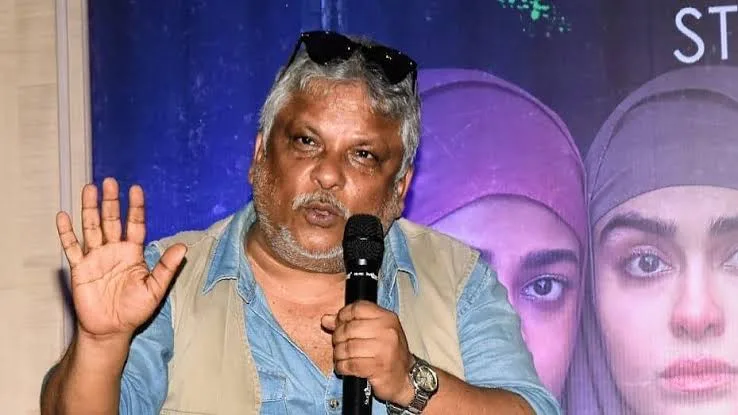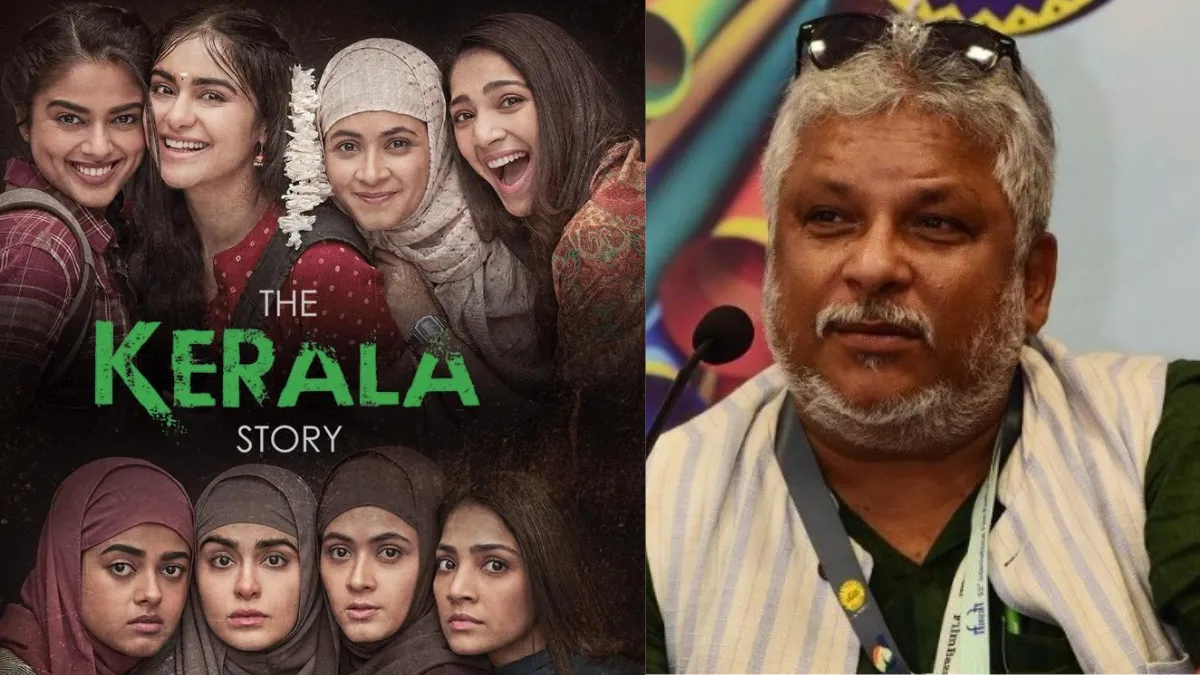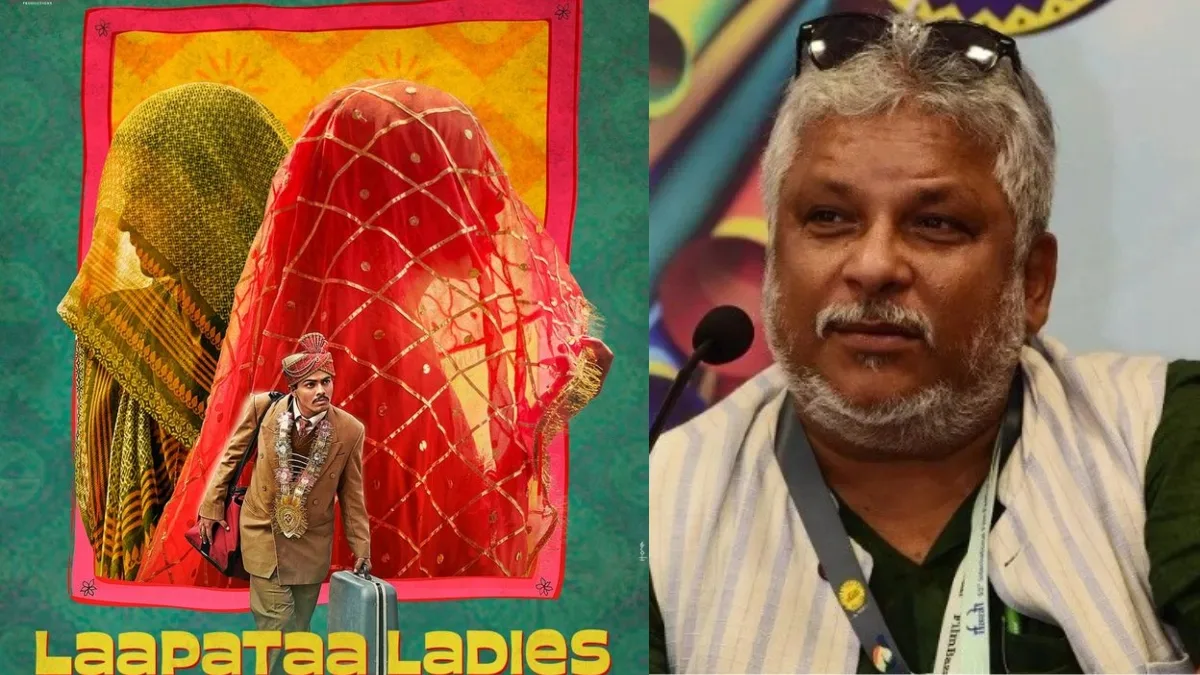The recently concluded Filmfare Awards 2024 in Ahmedabad celebrated what many called a landmark year for Hindi cinema, with Laapataa Ladies emerging as the night’s biggest winner. The film bagged 13 trophies, including Best Film, while Abhishek Bachchan and Kartik Aaryan jointly won Best Actor, and Alia Bhatt took home Best Actress. However, not everyone was impressed. Director Sudipto Sen, best known for The Kerala Story, has lashed out at the awards, calling them a “tamasha” and accusing the organisers of promoting hypocrisy in the name of art.
Taking to Instagram, Sen shared a strongly worded note criticising the Filmfare Awards and the films that dominated this year’s ceremony. “This year Filmfare truly is an expose of Indian ‘nouvelle vague’… A blatantly plagiarised film… a film which is a tutorial of brutality and a film which did not survive the box office for more than 72 hours took away most of the crowns,” he wrote. “As expected, the best work of 2024 remains elusive. Realised why Filmfare was so vocal against The Kerala Story receiving National Awards. I am happy that this ‘wood’ community does not recognise, invite or choose us.”
View this post on Instagram
Sen didn’t hold back as he criticised the glamour and perceived insincerity of Bollywood’s award culture. “We are spared from faking smiles, faking camaraderie, and most importantly, not indulging in any sycophancy,” he continued. “In the end, I am happy that we are saved from hobnobbing with this tamasha in the name of cinema in Mumbai and clicking selfies in Cannes. At least we are spared from these ugly hypocrisies and fake tapestry in the name of cinema.”
Also Read: Charu Asopa, Rajeev Sen Are Back Together? Reunion Buzz Sparks After Cosy Photos Emerge
In his caption, the filmmaker elaborated further on his disillusionment with the Indian film establishment: “I never expect anything great from any Indian cinema establishment, particularly when it is media or cinema journalism. Mostly enamored by the glamour and rich world of the stars, exactly the way people from villages and small cities gather in front of Mr. Bachchan or SRK’s house. They actually have zero contribution towards cinema, cinema art, the way world media does for world cinemas.”

While Sen refrained from explicitly naming the films he criticised, many inferred his targets from the context. The “blatantly plagiarised film” appeared to be a dig at Laapataa Ladies, directed by Kiran Rao. The “tutorial of brutality” was widely understood as Kill, a high-octane action film backed by Karan Johar, and the one that “did not survive the box office for more than 72 hours” likely referred to I Want To Talk.
Sen’s post quickly caught attention online, reigniting debate around credibility, favoritism, and artistic merit in Bollywood award functions. Some agreed with his sentiments, praising him for calling out what they saw as a long-standing culture of superficial celebration. Others accused him of bitterness, pointing out that The Kerala Story had already received national recognition and that dismissing other films’ artistic merit was unfair.
This isn’t the first time Sudipto Sen has stirred controversy. Just last month, he won the National Award for Best Director for The Kerala Story, which also earned the award for Best Cinematography. The film, based on the story of women from Kerala allegedly forced to convert to Islam and join ISIS, polarized audiences and critics alike. While it was hailed by some as a bold and necessary story, others condemned it as propagandist and divisive.

Despite the backlash, The Kerala Story proved to be one of the most commercially successful and talked-about films of the year, grossing over ₹250 crore worldwide. Sen’s strong words against Filmfare now underline his ongoing rift with Bollywood’s mainstream circles — a clash between what he perceives as “authentic cinema” and what he calls “fake glamour.”
For many, Sen’s post has once again raised uncomfortable but necessary questions about whether Indian film awards truly celebrate cinematic excellence or simply reward popularity and influence within the industry.


